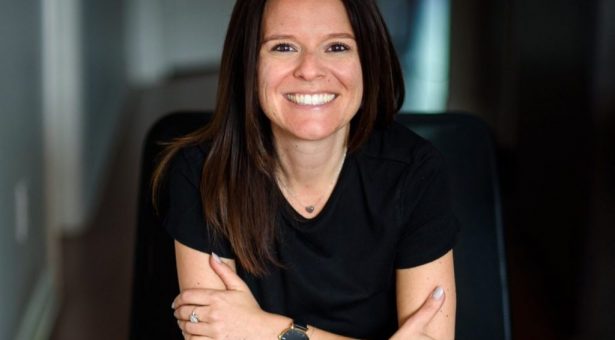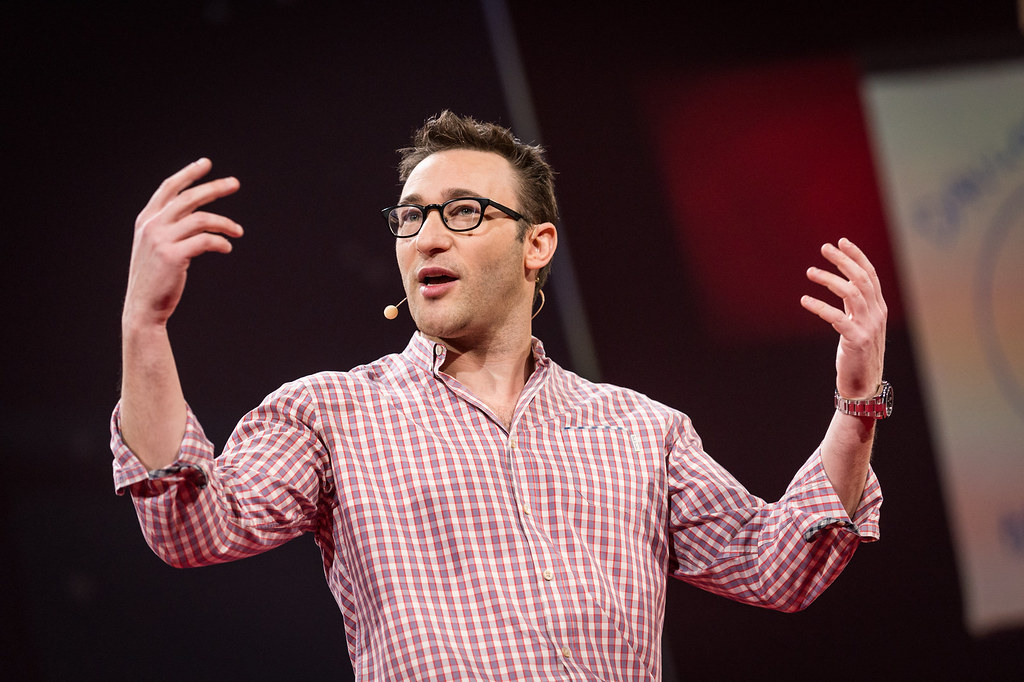Business strategist and coach Émilie André is launching a new “hybrid” training course entitled Business Planning for Better Action and Accomplishment. Hybrid because it takes place in two stages: learning begins in a group, during a 2-hour theoretical and practical workshop where participants see the basics and the benefits of planning. A 3-hour private coaching session is then offered to “implement and adapt the participant’s planning to his or her entrepreneurial reality”. Conversation with Émilie André, founder of Emy Agency.
Known for her keen sense of organization, Émilie André developed her expertise as a planner by working for 20 years in the event industry. Today, she is a consultant for start-up (0 to 2 years) and fast-growing companies. And she is adamant that planning is a skill that can be learned.
I get clients who don’t have an agenda at first and make their appointments on post-it notes. Others don’t want to know about planning because they don’t know how to use it… But now, after a coaching session, planning has become their best tool. They are able to organize a schedule and see events coming.”
Planning is surrounded by certain myths, she notes.
Some people start coaching with the perception that planning is a prison, that it will prevent them from being spontaneous or creative. Or that if they don’t do what’s planned on the agenda, they’ll feel like they’re not being accomplished… Others think they’ll save time by not planning their week. We all have limiting beliefs. In training, I try to undo these false beliefs.”
We don’t run out of time, we make choices
One of these “limiting” beliefs is the excuse of “lack of time” or “lack of energy”, which is often used to avoid the task of planning the day, week or month ahead.
In reality, there is no lack of time,” insists the strategist. “We make choices and we invest our time. The idea is to make people aware of how they invest their time and energy.”
The “168 hours” exercise, where you write down your activities for a whole week, is very telling in this regard. Some people will discover that they may be less productive than they think – spending an hour here on social media, an hour there on a less important task.
Without planning, people have their noses glued to the paper and they have no space to see events coming. They then cultivate the belief that they don’t have enough time, when in many cases, they create that lack of time themselves. When you take a step back, you create a world of possibilities.”
Most importantly, taking your daily, weekly and monthly planning moments can become a source of well-being and calm for an entrepreneur who is constantly in the whirlwind of action.
There are so many things to think about on a daily basis that it is easy to accumulate mental overload. The tasks to be done then appear to us as a mountain and it’s very anxiety-provoking. Taking time to plan allows us to clear our heads, place things and then see events coming. Instead of being dependent on what is coming, we have the opportunity to see it coming, to anticipate, to adapt. It creates a mental calm.”
Building on a solid foundation
Before filling their schedules, Émilie André invites entrepreneurs to think about their organizational “structure” – what is the company’s mission, vision and values. Its foundation or pillars, in other words.
When the structure of the company is clear,” explains the business coach, “you can then derive coherent strategies to meet the objectives you have set, and then build a plan based on a production capacity.”
This is not a once-in-a-career exercise, warns the strategist.
I advise entrepreneurs to conduct this reflection every 12 to 18 months. To take the time to ask themselves: are we still aligned with our values, our mission, our vision? There is no wrong answer. The idea is to make sure that we are moving forward in a way that is consistent with who we are as entrepreneurs. Life moves so fast; there are so many opportunities that come our way, it’s easy to get off course.”




